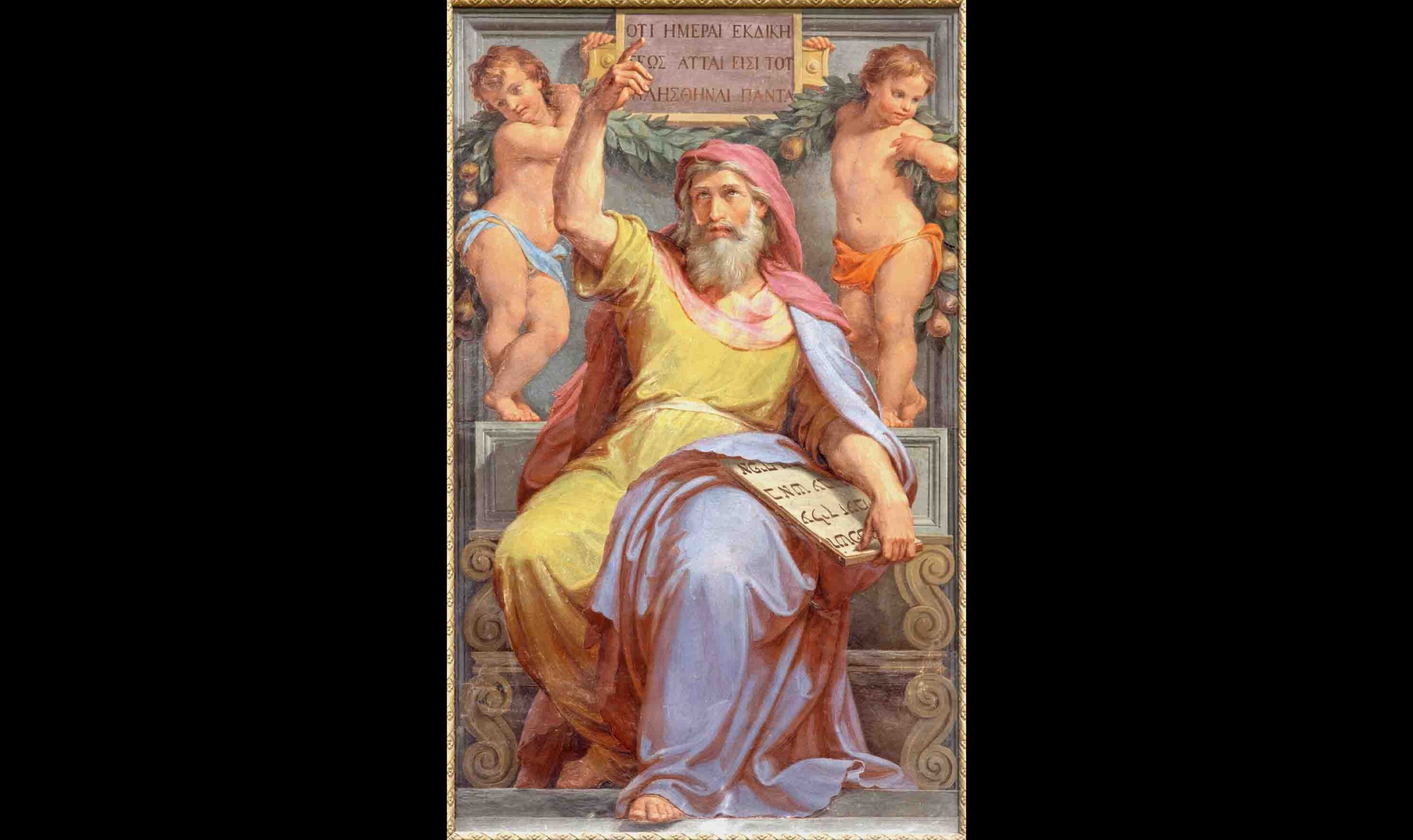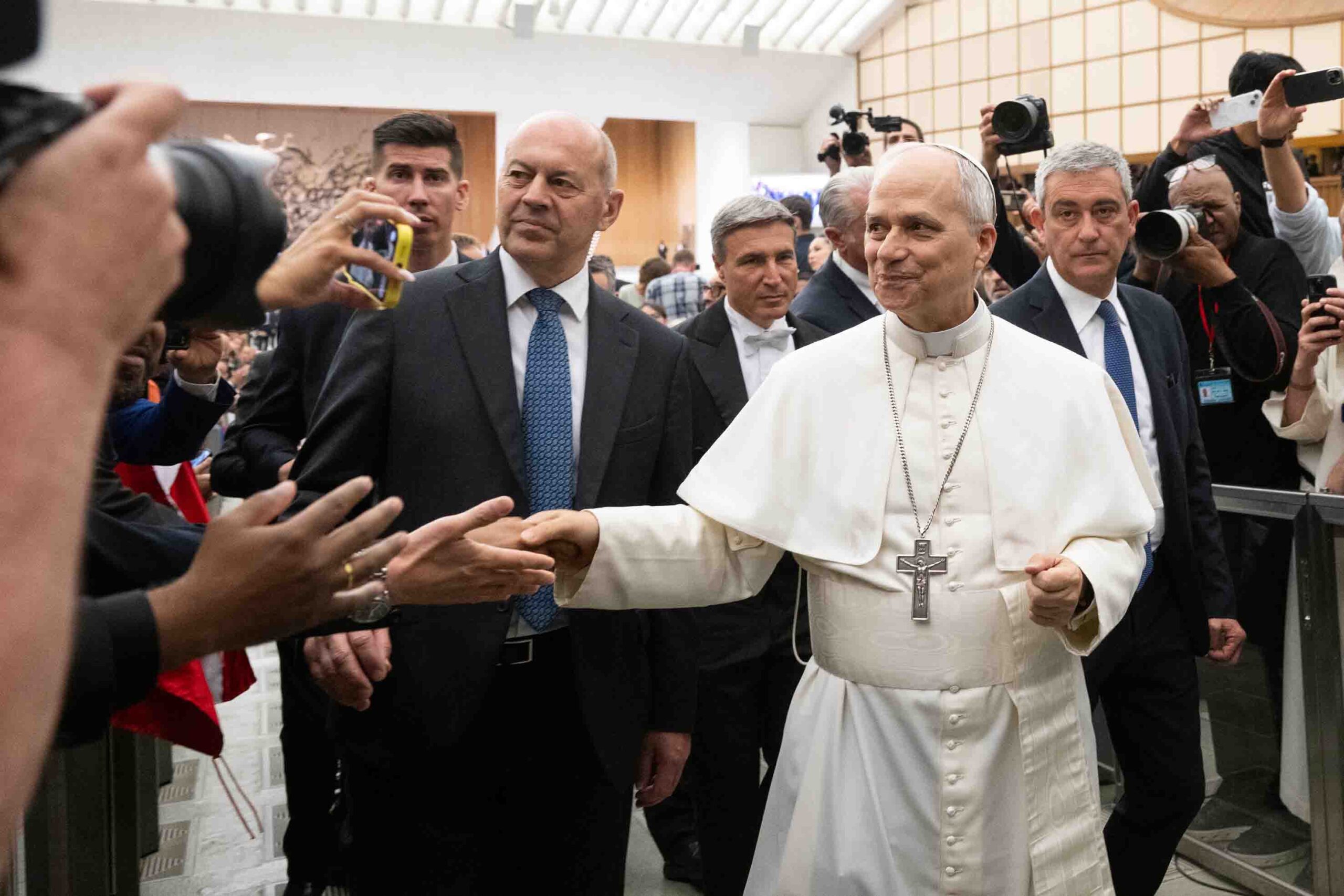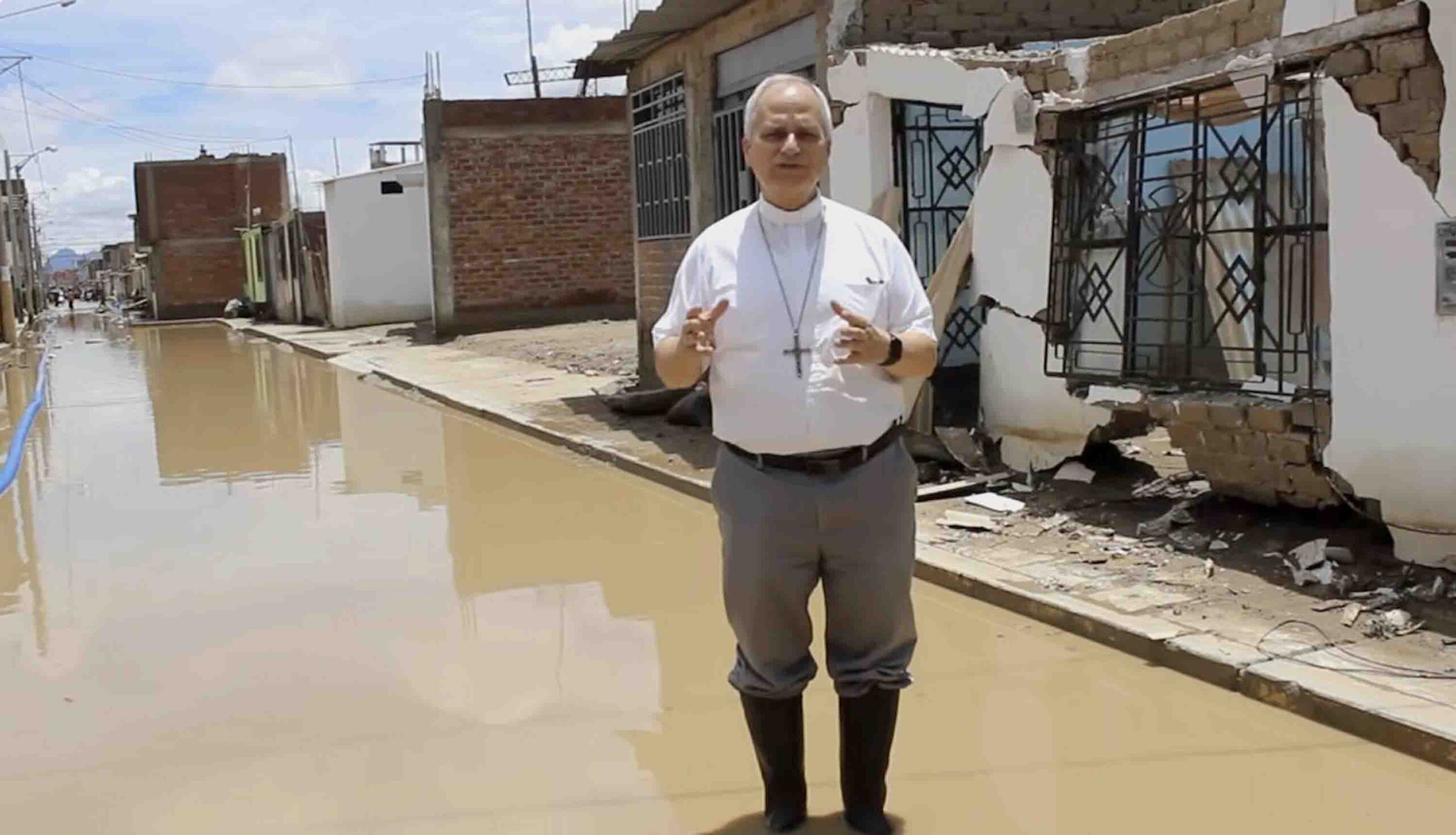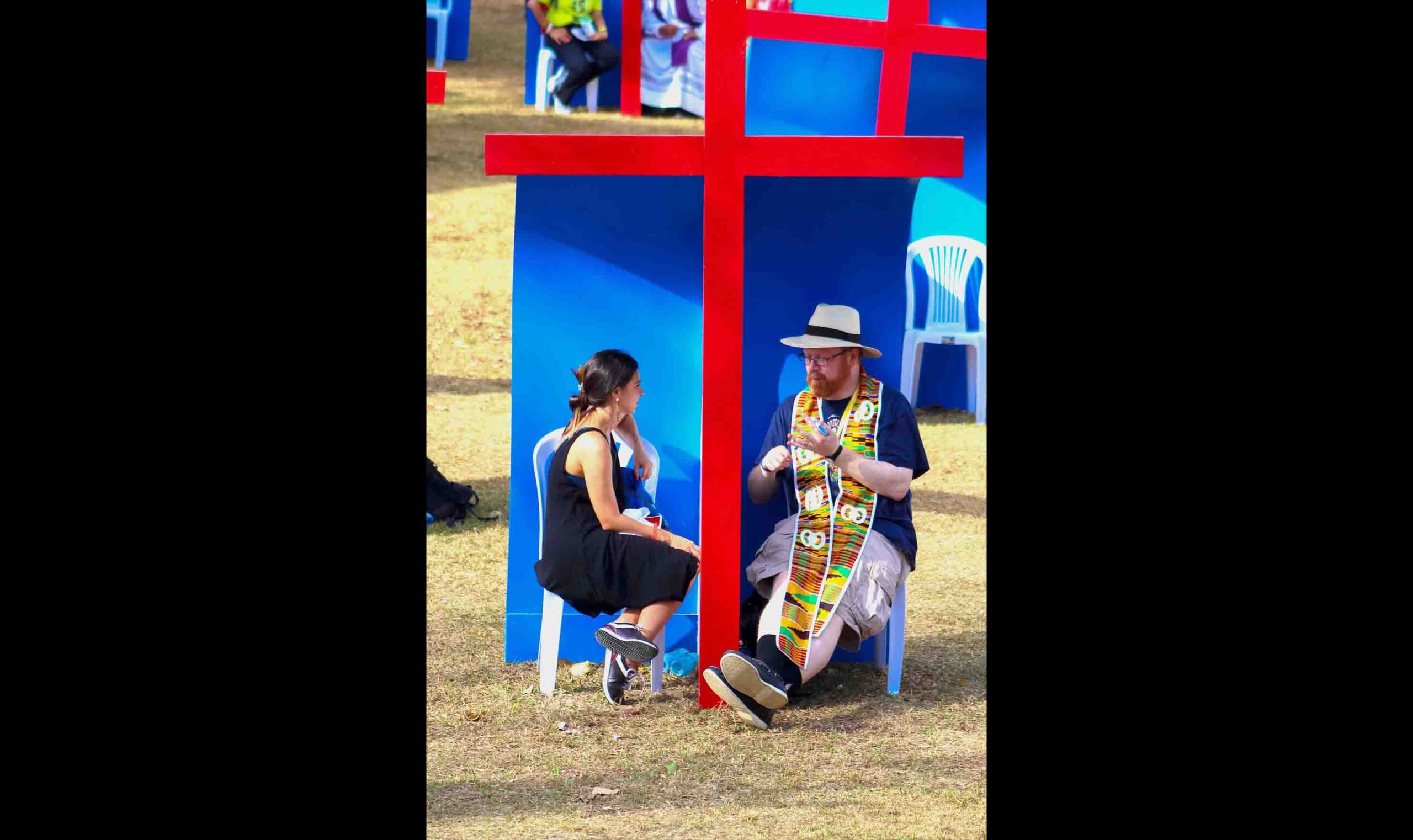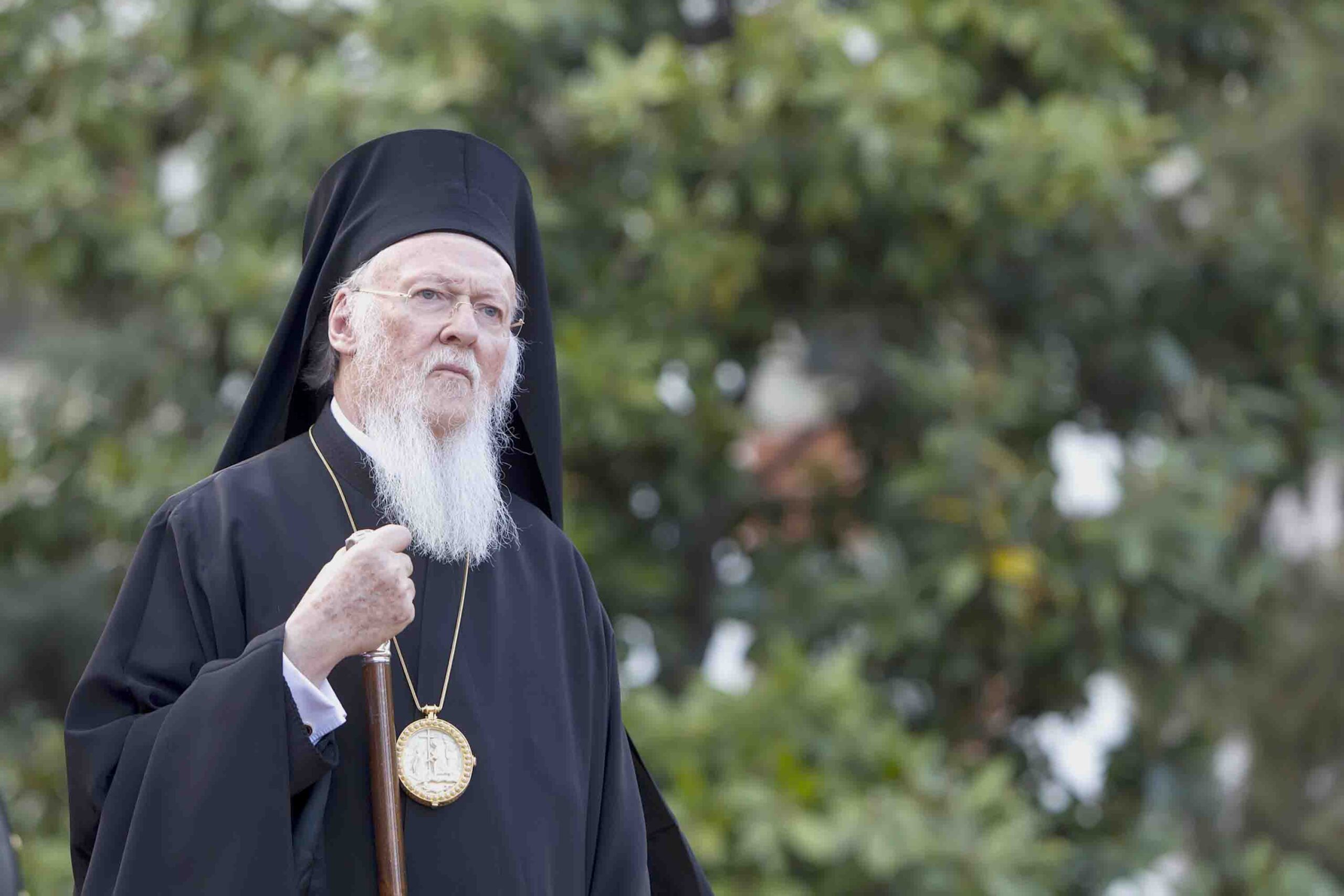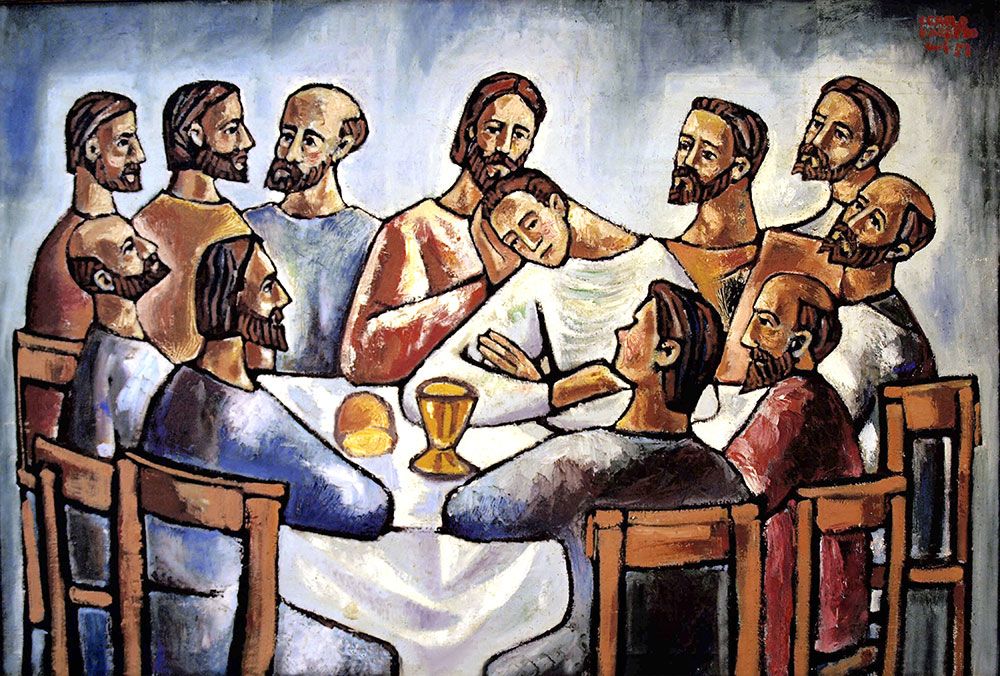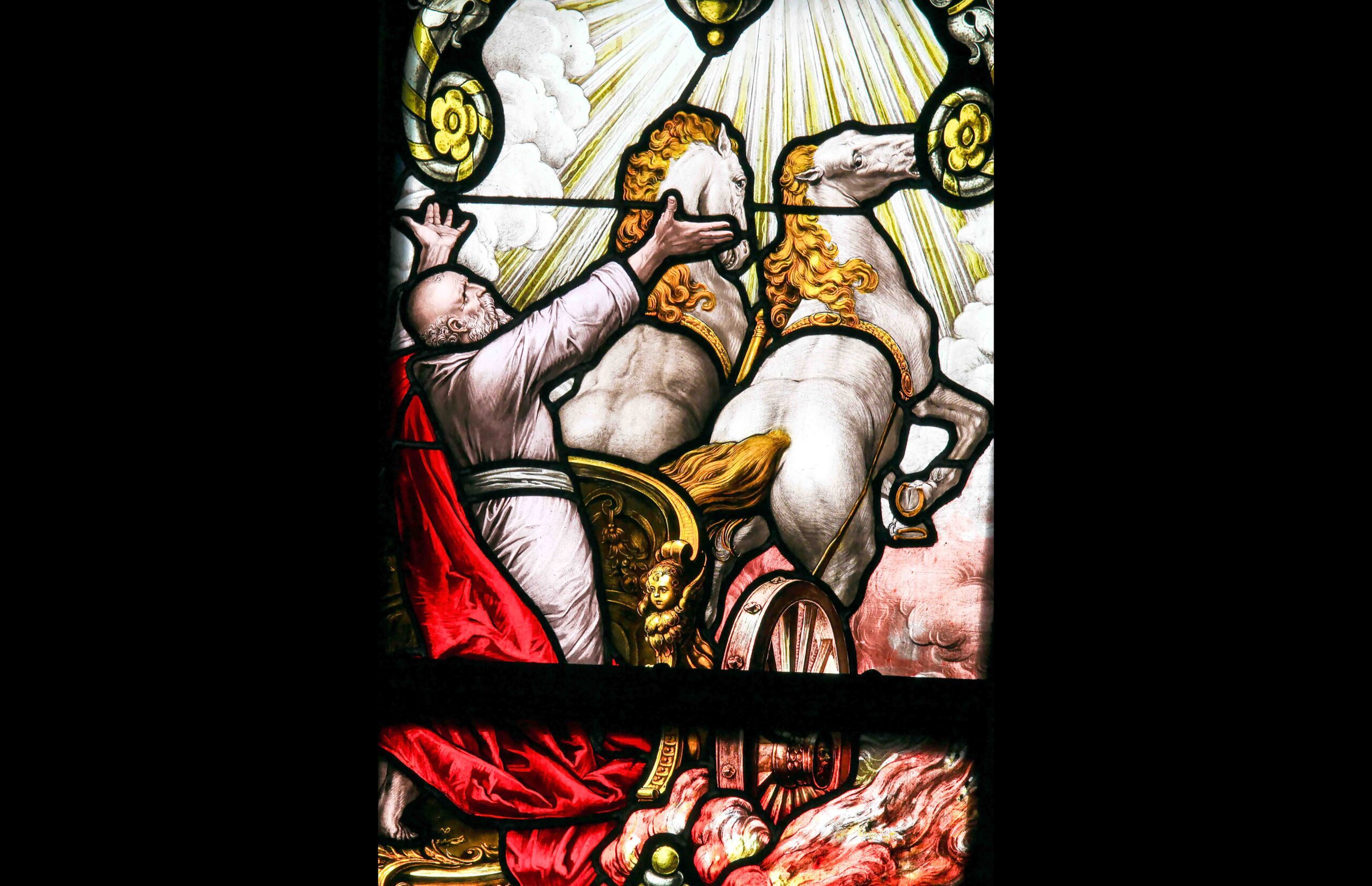Ezekiel, whose name means “God is my strength,” was a priest and the son of Buzi (cf. Ezekiel, 1:3). He carried out his prophetic activity between 593-571 BC, a troubled period in Israel’s history, during the time of the deportation to Babylon. In his book, he uses the literary genre of theophany, so we find many symbols and visions, many enigmatic, but with significant spiritual meaning.
Ezekiel’s vocation is narrated as a series of visions of God’s glory: “On the fifth day of the fourth month of the thirtieth year, when I was among the exiles on the banks of the river Kabar, the heavens opened and I beheld divine visions” (Ezekiel, 1:1). The word that God pronounces is so relevant that the prophet must stand up. And while God was speaking to him, he received the Spirit (cf. Ezekiel, 2:1-2).
Ezekiel stood up to hear God’s message. We stand up at the Eucharist to hear the Gospel; we stand up when we greet someone; we stand up when we want to show our pleasure and enthusiasm at a show. We must also stand when God announces our vocation, aware that it is an essential message for us which we must value, respect, and welcome.
The discovery of our vocation can happen in the most incredible ways, because God’s imagination and His love for each one of us know no bounds. There are so many signs, so many events that speak to us about God and inspire us to live and proclaim Him that it is up to each of us to open our hearts and allow God to speak to us.
How often do we feel fear, confusion, restlessness when we discover a vocation? How many times do we feel that we don’t have the skills to follow a certain path? The truth is, however, that God knows what is best for us and continually inspires us to live our own vocation.
A DIFFICULT MISSION
God called Ezekiel and sent him to prophesy to the rebellious people, who were “hard-headed and stubborn of heart” (cf. Ezekiel, 2:3-4). They were a people who had turned away from the covenant and the God of life. Now enslaved in exile, the Israelites were disoriented, disillusioned, and discouraged. The prophet recounts that the Lord pointed out his mission to him and said: “Son of man, take to heart the words I speak to you and listen to them with your ears. Go and address the exiles, your countrymen. Speak to them: Thus speaks the Lord God-whether they listen or not” (Ezekiel, 3:10-11).
Ezekiel’s great mission was to denounce the sins and unfaithfulness of the people and to strongly invite them to conversion. He spoke of the inner nature of religion because God wants to dwell in the heart of every person. However, his mission also included announcing hope, a time of restoration, and a new covenant.
God will renew each of His sons and daughters through His powerful action: “I will give you a new heart and put a new spirit within you. I will take the heart of stone out of your body and give you a heart of flesh. I will put my spirit in you and make you walk according to my laws and observe my precepts. You shall dwell in the land that I gave to your fathers. You will be my people and I will be your God” (Ezekiel, 36:26-28).
GOD IS WITH US
The prophet Ezekiel knew that his mission was difficult, but he was also convinced that his life belonged to God, who gave him the strength not to lose heart, enduring the battles he had to face for love of God. In carrying out this task, the prophet knew that he was not alone, because “the hand of the Lord was upon him” (Ezekiel, 1:2).
Understanding that God never abandons us is extremely difficult! But God, in fact, is with us, suffers with us, listens to our concerns, rejoices with us, and sends us His Holy Spirit to better understand His will in our lives. However, just as happened with the prophet, the hand of the Lord will be with us and enlighten us.
The mission that God addresses to each of us may not be easy and often gives us insomnia, fear and anxiety; living God and the values of the Kingdom often forces us to let go of our comfort zones and suffer. However, God is present; He enlightens us and accompanies us! The prophet Ezekiel tells us that God places His Spirit within us (Ezekiel 36:27). With His gifts, God empowers those He chooses, and He doesn’t always choose those who, in our eyes, are the most capable. God also empowers each one of us, encouraging us to live our vocation without fear, whether it be lay, religious, priestly or missionary life.

